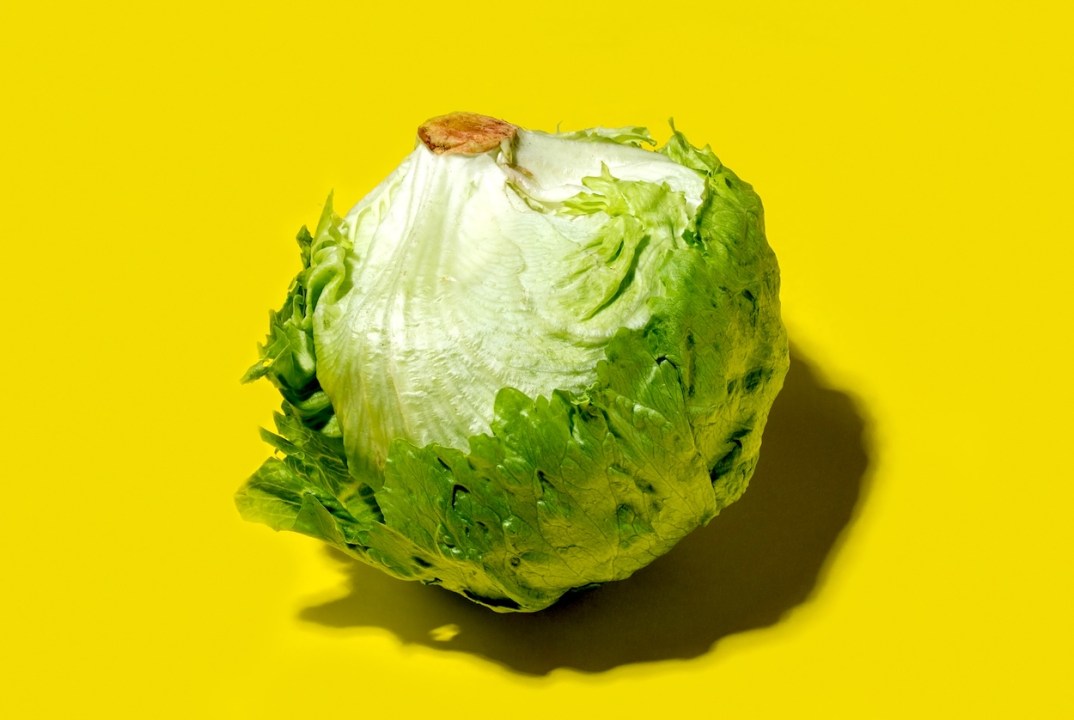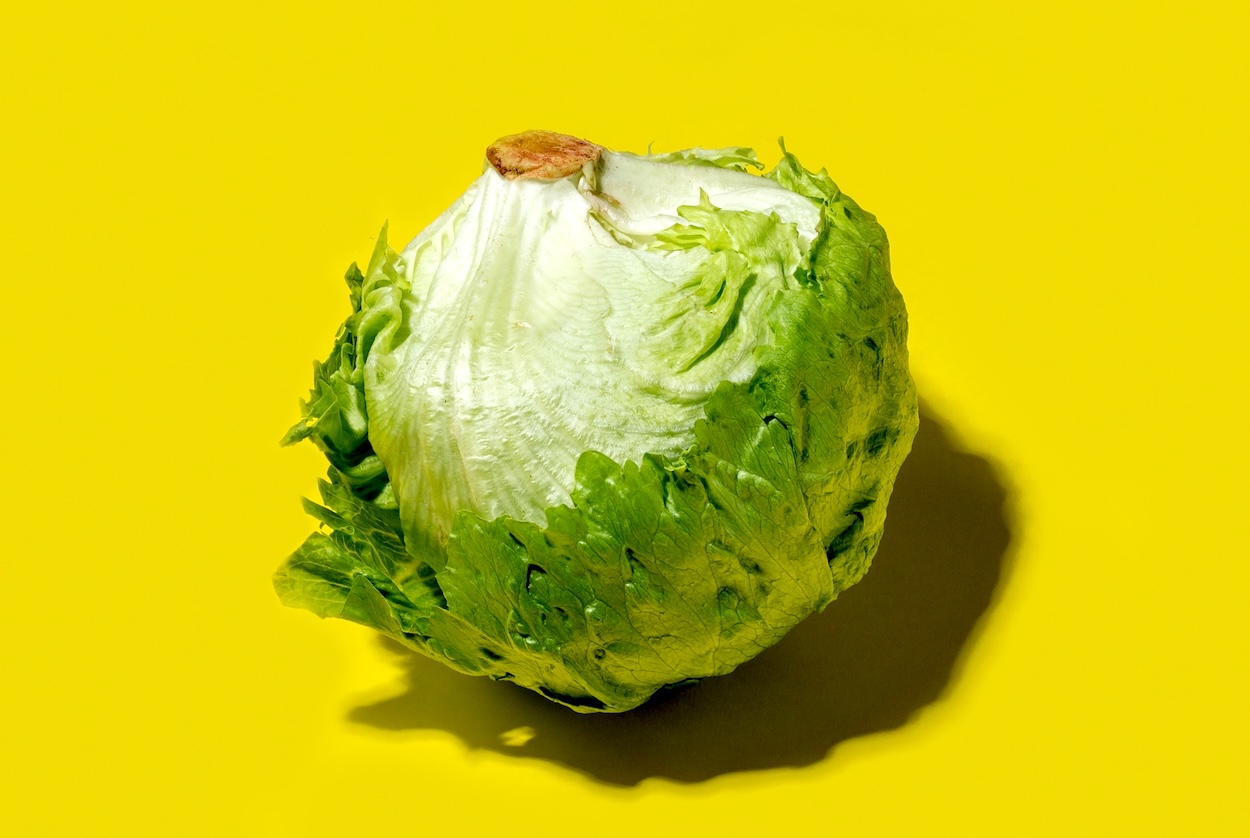Our economy is stagnating, our borders and our welfare state flung open to those who despise us. We once threw railway lines around the world and now struggle to build one to Birmingham. Free speech is under threat, and it’s almost impossible to get hold of a decent lettuce.
I do not mean to be too gloomy. I hate those who think themselves virtuous for always looking on the glum side of life. I accept there is much to celebrate. We live longer and healthier lives. Children rarely die. People can read and books are cheap. In the veg aisle of the little Sainsbury’s Local on the new housing estate you find tarragon and pak choi and sourdough, and tomatoes raised somewhere better than Holland. Until recently, these things were not to be found, and they are there now not through centralised social engineering but because – bless the invisible hand – people want them and people buy them.
What they need to buy more of is lettuce, by which I mean good lettuce. Iceberg is not good lettuce. Nobody decided to call a foodstuff iceberg for its fine flavour. Butterhead is better, as its name suggests, and occasionally a British shop will sell a decent butterhead. I try, as you see, to look on the bright side.
Our cooking has long mirrored our character and been suspicious of pleasure. For centuries, even a sauce was seen as suspect – not merely effeminate, but openly French. ‘Every country possesses, it seems, the sort of cuisine it is appreciative enough to want,’ wrote Waverley Root in 1958, after a long, ravenous and intelligent culinary exploration of Europe. ‘I used to think that the notoriously bad cooking of England was an example to the contrary,’ he continued, with an American’s indifference to the difference between England and Britain, ‘and that the English cook the way they do because, through sheer technical deficiency, they had not been able to master the art of cooking. I have discovered to my stupefaction that the English cook that way because that is the way they like it.’
These days we live with the steady accompaniment of religious terror killings, but we eat better. During those years when our empire was richest and most powerful, our food was an international joke. Our riches are gone, our power has faded, but our kitchens are better and our Tuesday evenings are fragrant with frying garlic.
The herbs and decent bread in shops, our new love for chilli, and that resurgent taste for garlic – last seen before the departure of the legions – all speak of a softening of our inner puritanism, a blossoming of our domestic lives. Lettuce shows how much work remains, or – being cheerful – how much improvement lies close at hand. Markets can only bring us what we have the taste to want. Little Gem and Romaine are perfectly respectable if our goal is to cook lettuce, or drown it in Caesar dressing, but we must learn to want something better for when we don’t.
These days we live with the steady accompaniment of religious terror killings, but we eat better
A green salad rarely makes the Sunday supplements because the writer has nothing to say that will not make it worse. Clean leaves – and dry leaves above all, which requires the ability to operate a salad spinner – must be dressed with vinaigrette. Nothing else is needed and flourishes are suspicious. Writing about green salad in The Spectator in the 1980s, Digby Anderson explained that it must be served as its own course, with as much oil as it would bear without waste. ‘If anyone does not ask for more, do not invite them again and never go to dinner at their house.’ For good measure he warned about trusting food writers who showed their ignorance or their indifference to their calling by suggesting the sort of additions – extraneous leaves, nuts, bacon, fruit – that constituted a professional crime. ‘Such authors are deceiving you,’ he explained. ‘Don’t buy their books. Put their names on a black-list.’
This is not food snobbery. A nation that cannot be bothered to dry its lettuce or balance its vinaigrette is a nation that has lost the will for the meticulous, small-scale efforts that underpin grand enterprise. Our philosophies are our tastes and daily habits. Every kitchen should contain a salad spinner, never a Nutribullet, a fondue set or a bread machine. (No one should be judged for having an ice-cream or a pasta maker, only on whether they shine in use or rust unburnished.) When we master the small matters of life, the great ones follow.
There are countless causes for gloom in the world, and many outlets take it as their job to keep you up to date with them, ruining each of your days as they arrive. Hope remains – even if it is sometimes hard to see, like the benefits of spending a hundred billion to get to Birmingham five minutes quicker. We must rediscover our taste and our standards in the crisp foundations of life. We must learn our lettuce.








Comments